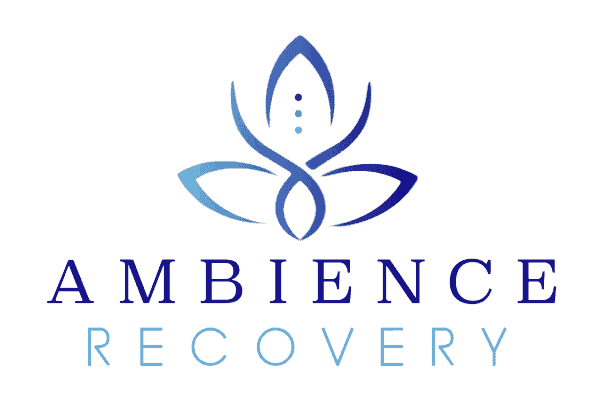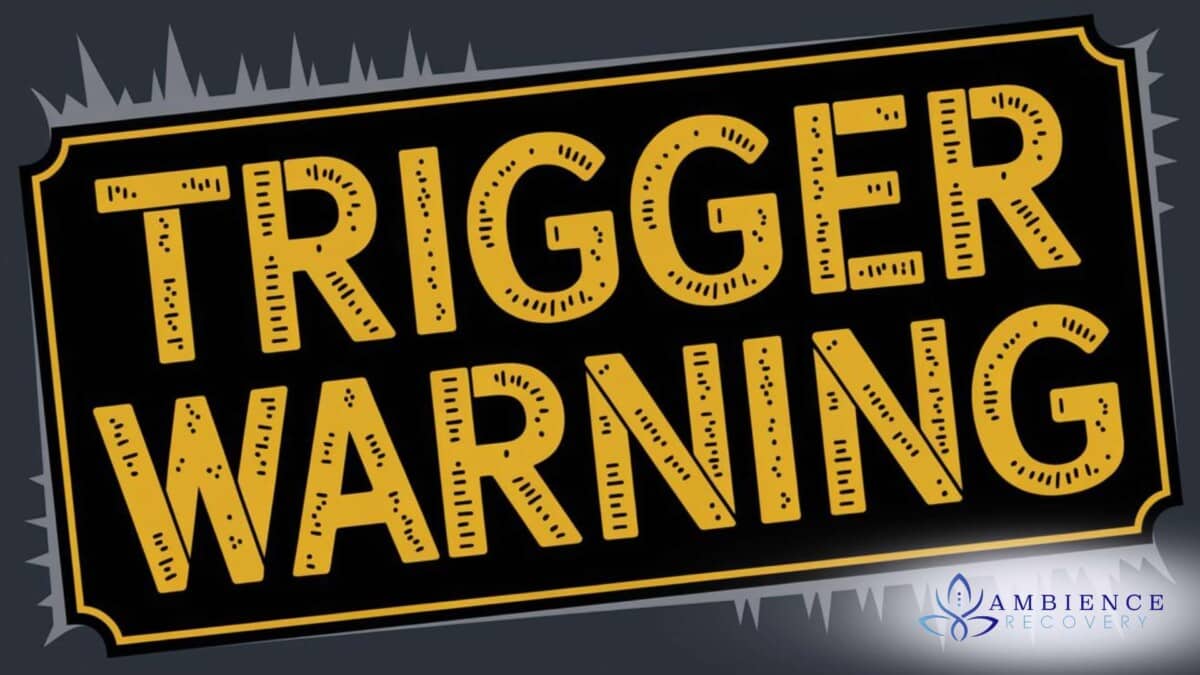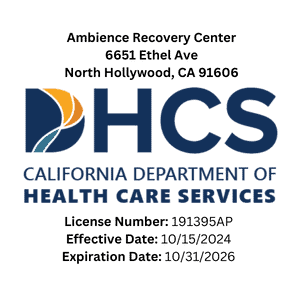Key Takeaways
- Understanding Addiction Triggers: Triggers are events, feelings, or situations that spark cravings and can lead to relapse.
- Recognizing Your Triggers: Identifying personal addiction triggers is the first step in managing cravings.
- Practical Strategies for Overcoming Triggers: Avoiding risky situations, practicing mindfulness, and using distraction techniques are all helpful ways to overcome triggers.
Introduction
Another major problem in the process of addiction recovery is the presence of addiction triggers. These are events, feelings, or situations that may trigger solid cravings and may result in relapse. It is essential to know how to avoid relapse triggers to maintain sobriety. At Ambience Recovery, we assist individuals to identify their triggers and provide them with strategies on how to deal with the urge to use drugs and alcohol. Now, let’s see how you can free yourself from the shackles of addiction triggers.
Understanding Addiction Triggers
Cravings are things that remind you of drug or alcohol use. They can be situational, for example, being in a place where one had a history of drinking, or psychological, for example, stress or anxiety. These triggers can lead to severe urges, and it becomes challenging to avoid getting back into substance use. The brain associates these cues with previous behavior, so a person may be tempted to use it again when he sees a beer bottle or feels stressed at work.
Triggers are common in the process of addiction recovery, but it is crucial to know how to handle them so that they do not result in a relapse. Knowing what your triggers are can help you be ready and deal with them in a manner that will not distract you from the recovery process.
Recognizing Your Triggers
Everyone’s addiction triggers are different, but there are some common ones that many people experience. By recognizing your triggers, you can take steps to avoid or manage them. Here are some of the most common addiction triggers:
- Stress: Feeling overwhelmed or anxious can make you want to turn to substances to cope.
- Social Situations: Being around people or places that remind you of using can bring back cravings.
- Negative Emotions: Sadness, anger, or loneliness can lead to thoughts of using as a way to escape.
- Celebrations or Parties: Happy events can also be a trigger if they involve drinking or drug use.
- Boredom: Sometimes, having too much free time with nothing to do can lead to cravings.
Once you recognize your personal addiction triggers, you can start creating a plan to manage them.
Practical Strategies for Overcoming Triggers
It is possible to control the urges and beat the temptation without feeling like one is fighting a losing battle. Here are some simple strategies that can help:
Avoiding Risky Situations
One of the best ways to overcome addiction triggers is to avoid the people, places, or things that remind you of using. If certain friends or environments make you want to use them, staying away from them is crucial. This might mean changing your routine or finding new hobbies, but avoiding risky situations will make it easier to stay on track.
Practicing Mindfulness
Mindfulness is the state of being conscious of the thoughts and feelings that one has at the moment. When the craving comes, do not give in to it right away; instead, acknowledge the feeling. If you learn how to listen to your body and emotions, you can take some time and develop a better way of handling the situation.
Using Distraction Techniques
When cravings hit, sometimes the best thing to do is distract yourself. Find a healthy activity that can take your mind off the craving. This could be walking, exercising, reading, or talking to a friend. The goal is to get your mind focused on something positive instead of the craving.
Building a Strong Support System
It is, therefore, essential to have a strong foundation of people who can help one overcome the temptation to use drugs. Ensure you have people around you who can relate with you, such as your friends, family, or even a support group. If you are feeling provoked, you should try to seek the help of a friend or a family member. It is always comforting to know that there are people you can turn to.
How Ambience Recovery Can Help
At Ambience Recovery, we know that avoiding relapse triggers can be difficult. We provide individualized treatment plans to assist you in recognizing and managing your specific triggers. Our therapy sessions and support groups help you learn how to cope with urges and keep on track in your recovery process. We are convinced that with the right help and tools, you can avoid triggers and lead a happy, clean life.
Conclusion
Addiction triggers can be challenging, but with the right strategies, they don’t have to control your life. By recognizing your triggers, practicing mindfulness, and building a solid support system, you can manage cravings and stay on the path to recovery. If you or a loved one needs help overcoming addiction triggers, Ambience Recovery is here for you. Call Ambience Recovery at 866-721-7470 today to learn more about how we can help you manage addiction triggers and maintain long-term sobriety.
FAQs About Addiction Triggers
What are addiction triggers?
Cravings are things that lead to the urge to take drugs or alcohol, and they include situations, feelings, and events.
How can I identify my addiction triggers?
Start by paying attention to when and where you feel cravings. Common triggers include stress, social situations, and specific environments.
What are some tips for managing cravings?
Avoid risky situations, practice mindfulness, use distraction techniques, and lean on your support system for help when cravings hit.
How can Ambience Recovery help with addiction triggers?
Ambience Recovery offers personalized treatment plans, therapy, and support to help clients identify and avoid their triggers to addiction.
Can avoiding triggers prevent relapse?
Staying away from things that may lead to relapse can help prevent relapse as it will help one to avoid situations that may lead to relapse. However, learning how to handle the triggers when they occur is equally essential for the maintenance of sobriety.
Resources
https://smokefree.gov/challenges-when-quitting/cravings-triggers/know-your-triggers
https://caps.unc.edu/self-help/understanding-mental-health-triggers/
https://www.ncbi.nlm.nih.gov/pmc/articles/PMC7186308/
https://nida.nih.gov/publications/drugfacts/understanding-drug-use-addiction
https://www.therapistaid.com/therapy-worksheet/triggers
Katie is a Licensed Clinical Social Worker who has worked as a primary therapist, supervisor, and now clinical director for SUD/MH treatment centers for the past 12 years. Katie is trained in Brainspotting, EMDR, Internal Family Systems and Dialectical Behavior Therapy and is passionate about treating substance use disorders, trauma and grief.






